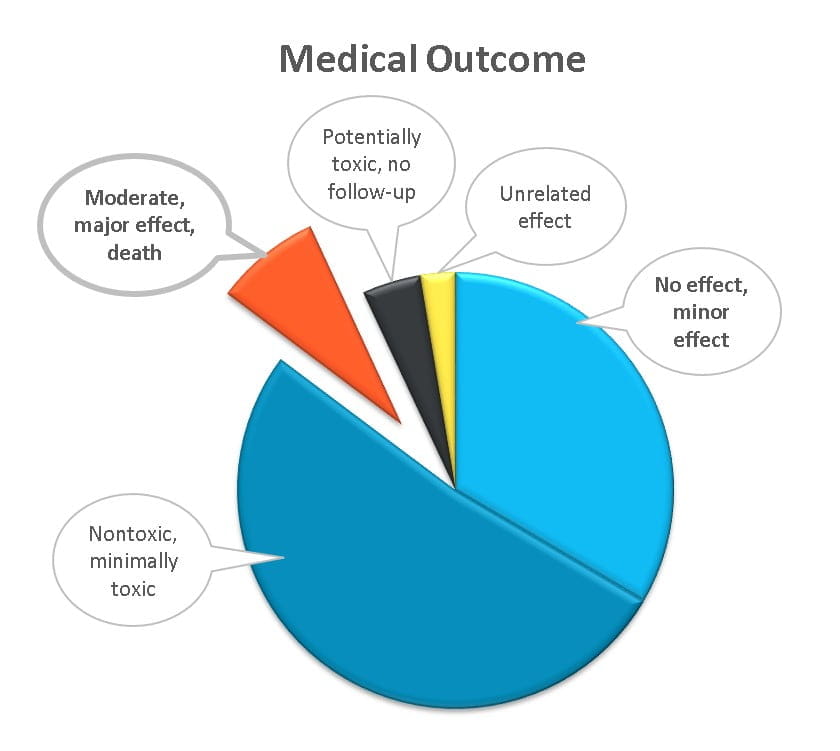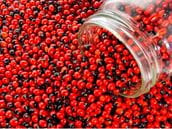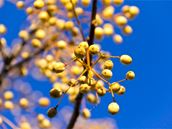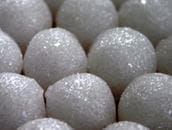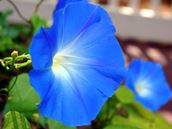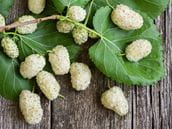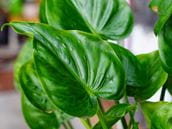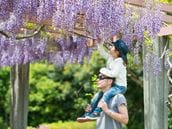
Virginia Creeper and Wisteria: Pretty But Poisonous
Although they are pretty, Virginia creeper and wisteria can be harmful if they are chewed or swallowed. Both plants can cause mouth pain, nausea, vomiting, and diarrhea and should not be eaten.
Displaying 11 - 20 of 199 results for "poisonous plant"
Although they are pretty, Virginia creeper and wisteria can be harmful if they are chewed or swallowed. Both plants can cause mouth pain, nausea, vomiting, and diarrhea and should not be eaten.
The peace lily is one of the most common household plants Poison Control is called about. The flowers, leaves, and stems of the peace lily contain very small, insoluble calcium oxalate crystal that can cause immediate mouth and throat irritation if chewed or swallowed.
Many caterpillars have hairs or spines which are connected to poisonous glands. In contact with human skin, they can cause pain, itching, burning, swelling, and blistering.
Abrus precatorius seeds (also known as rosary peas or jequirity beans) are distinctive-looking red seeds with a black spot that are occasionally used in jewelry and toys from foreign sources. The entire plant is toxic, and the seeds are highly toxic to humans.
Chinaberry trees are an invasive species that can be harmful if any part is chewed on or swallowed. Ingestions of small amounts of plant material can cause gastrointestinal upset such as vomiting and diarrhea within 1 hour. Most reports of large ingestions resulting in severe symptoms have occurred in animals.
Mothballs are pesticides used to protect stored clothing from fiber-eating moths. They can be poisonous to people and pets if swallowed or if large amounts of fumes are inhaled.
The seeds of morning glory contain a chemical similar to LSD. Eating enough of them can cause many types of symptoms, from diarrhea to hallucinations requiring medical care.
Nail polish is not poisonous if used as intended, though some ingredients can be harmful if ingested or with long-term inhalation. Symptoms of swallowing nail polish include nausea, vomiting, and stomach pain. If you get nail polish in your eye, rinse the eye for at least 15 minutes. If symptoms persist, Poison Control recommends you go to the emergency room.
White mulberry is a leafy tree that grows across the United States. The leaves contain considerable amounts of fiber and protein, and white mulberry leaf extracts are used as a dietary supplement for management of blood sugar, weight, and other conditions. White mulberry is generally associated with few adverse effects in humans.
Alocasia plants make stunning houseplants, but they can be harmful if the plant material is chewed on or swallowed. These plants contain oxalate crystals that can cause mouth pain, nausea, vomiting, and diarrhea. They should be kept away from children and pets.
Don't guess what you should do. Get accurate Poison Control answers online or by phone. Both are free and confidential.
or CALL 1-800-222-1222
The Poison Post® is a free, quarterly
e-newsletter delivering poison prevention tips right to your inbox!
Learn the Poison Help jingle in English or Spanish. Use these jingles to teach the Poison Control number: 1-800-222-1222. Available for download.
